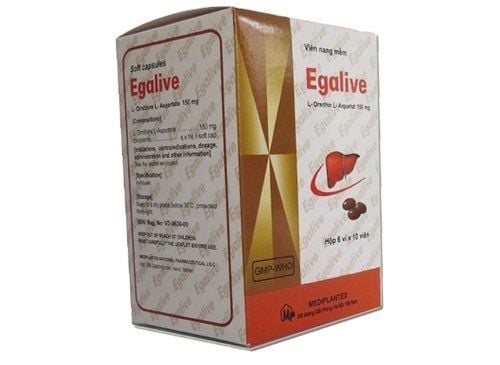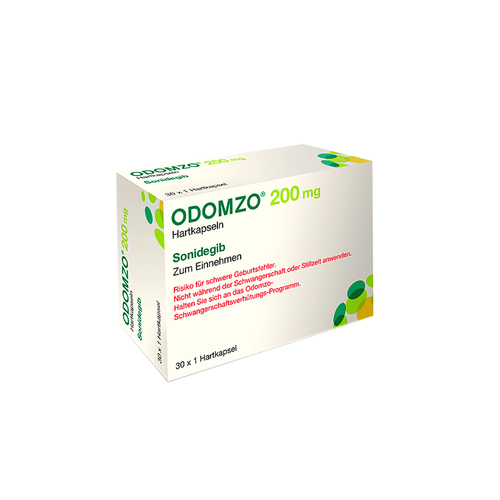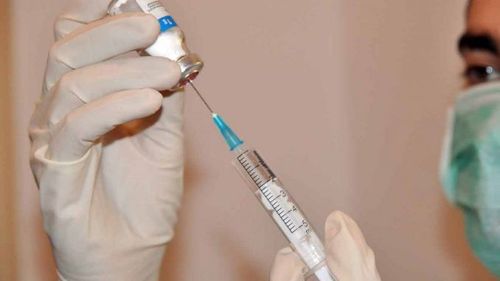This is an automatically translated article.
Yervoy is used to treat certain types of cancer in adults and children over 12 years of age. To understand more about the use, use and note when using the drug, please refer to the information through the article below.
1. What does Yervoy do?
Yervoy medicine has the main ingredient Ipilimumab, prepared in the form of an infusion solution. This is a monoclonal antibody used to treat cancer.
Ipilimumab is human IgG1 that binds to CTLA-4, blocking a T-cell inhibitory signaling pathway. Ipilimumab - a CTLA-4 immune checkpoint inhibitor blocks inhibitory signals T cells induced by the CTLA-4 pathway, increases the number of reactive T-effector cells that induce direct T-cell immune attack against tumor cells. Ipilimumab can also selectively deplete T-regulatory cells at the tumor site, inducing tumor cell death.
Yervoy is used alone or in combination with different drugs to treat various types of cancer such as:
Skin cancer, skin melanoma; Non-small cell lung cancer (NSCLC) is PD-L1 positive and has no abnormal EGFR or ALK. Pleural mesothelioma (cancer affecting the lining of the lungs and chest wall). Kidney cancer ; Liver or colorectal cancer has specific DNA mutations. Yervoy is often used when the cancer has spread to other parts of the body, or the disease cannot be surgically removed, or has recurred after previous treatment. When taken, Yervoy can help prevent melanoma from coming back after surgery, including lymph node removal.
2. How to take Yervoy
How to use:
Yervoy is given intravenously by medical staff. The drug needs to be infused slowly over a period of 30-90 minutes. Yervoy is usually given every 3 to 6 weeks, and other cancer drugs are still used as prescribed by your doctor. Before and after your Yervoy infusion, your doctor will give you medicine to prevent side effects from Yervoy and monitor you to make sure it's not causing harmful effects.
Dosage: Depending on each patient, the dose may be different.
3. Side effects of the drug Yervoy
Allergic reactions are rare, but if they do occur, they can be life-threatening, symptoms include: rash, difficulty breathing, swelling in the face/throat or severe skin reactions such as fever, sore throat , burning eyes, skin pain, red/purple skin rash with blistering and peeling. You should get medical attention immediately if you have symptoms of an allergic reaction. Some side effects that may occur during the injection: You need to let your caregiver know if you feel dizzy, light-headed, short of breath, tingling, chilled or have a fever. Serious and sometimes fatal reactions that may occur during treatment with Yervoy or may occur several months after discontinuation, such as: Severe or persistent diarrhea, severe stomach pain, bloody stools blood or tar, fever, swollen glands, body aches, new or worsening skin rash, itching and blistering, chest pain, irregular heartbeat, severe muscle weakness, ongoing pain in muscles or joints, numbness/ tingling in the hands and feet, vision problems, eye pain, lung problems such as a new or worsening cough, chest pain, feeling short of breath, urinating less, swollen feet/eyes ankles, blood in urine, right upper abdominal pain, fatigue, appearance of bruising, bleeding, dark urine, jaundice/eyes, hormonal disturbances, feeling low on energy, dizziness, fainting fainting, mood or behavior changes, increased thirst/urination, feeling cold, weight gain or loss, confusion, headache, hallucinations, stiff neck, drowsiness, seizures. If you experience any of the above symptoms, you should tell your doctor right away, even after you have stopped taking the medicine for several months. Common Yervoy side effects include: Fever, cough, difficulty breathing; nausea, vomiting, stomach pain, loss of appetite, diarrhea or constipation, weight loss, hormone problems, rash, itching, headache, dizziness, fatigue, insomnia, muscle/joint pain / skeletal. If you experience any unwanted effects while taking the drug, you need to immediately notify your doctor for advice and treatment.
4. Notes when using Yervoy
Yervoy is not indicated if you are allergic to Ipilimumab and under 12 years of age. To make sure it is safe to take Yervoy, tell your doctor if you have ever: Have an autoimmune disorder such as lupus erythematosus, sarcoidosis, Crohn's disease, ulcerative colitis, liver damage, an organ transplant, or stem cells before taking the drug. Ipilimumab may harm an unborn baby. You will usually need to have a negative pregnancy test before starting treatment. Use effective birth control while you are using this medicine and for at least 3 months after your last dose. If you are unsure about birth control methods, consult an obstetrician. Do not breast-feed while using Yervoy and for at least 3 months after the last dose. Serious and sometimes fatal reactions may occur during treatment with Yervoy or several months after discontinuation. Patients should be monitored continuously (at least up to 5 months after the last dose) because adverse reactions when taking Ipilimumab in combination with Nivolumab occur at any time during or after treatment discontinuation. This drug can cause serious toxic reactions to the liver, avoid concomitant use of products that are harmful to the liver such as alcohol, beer, other drugs. Drug Interactions: Other drugs may interact with Ipilimumab, including prescription and over-the-counter medicines, vitamins, and herbal products. That's why it's important to tell your doctor about all medications you're currently taking or have recently stopped using. Yervoy is an anti-tumor drug, prescribed and used under the supervision of a doctor. You need to comply with the medication to ensure safety for your health and maximize the effectiveness of treatment.
Please dial HOTLINE for more information or register for an appointment HERE. Download MyVinmec app to make appointments faster and to manage your bookings easily.













